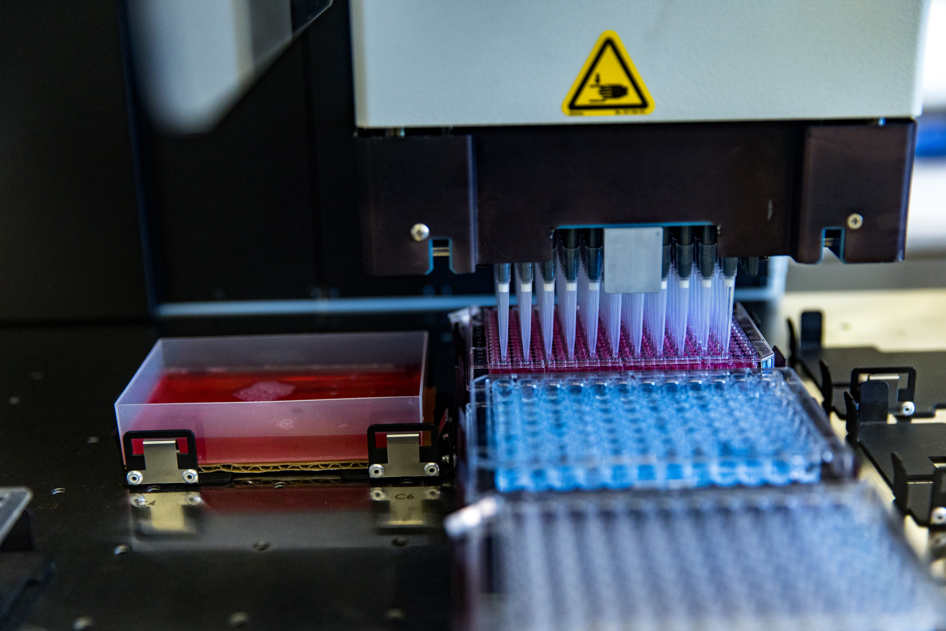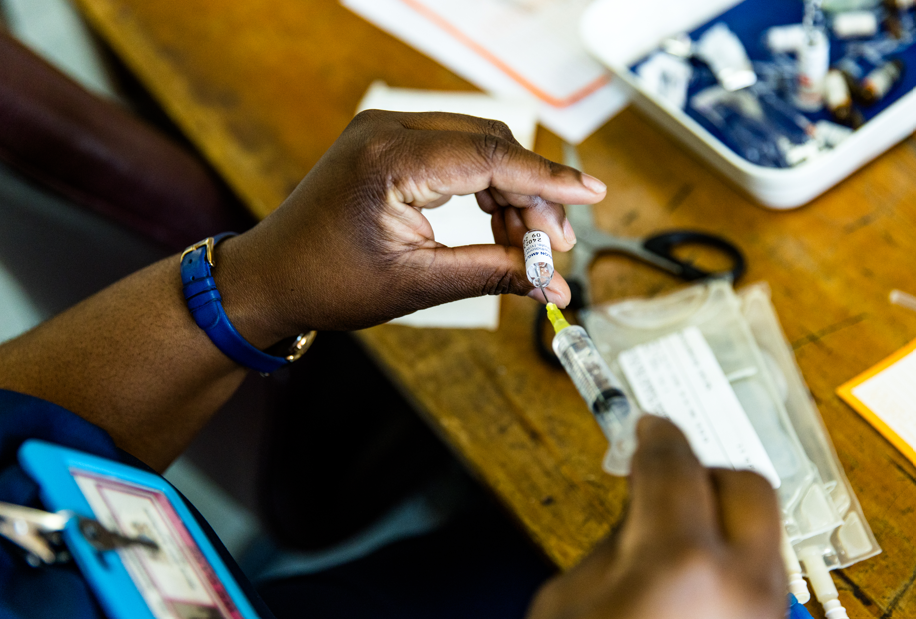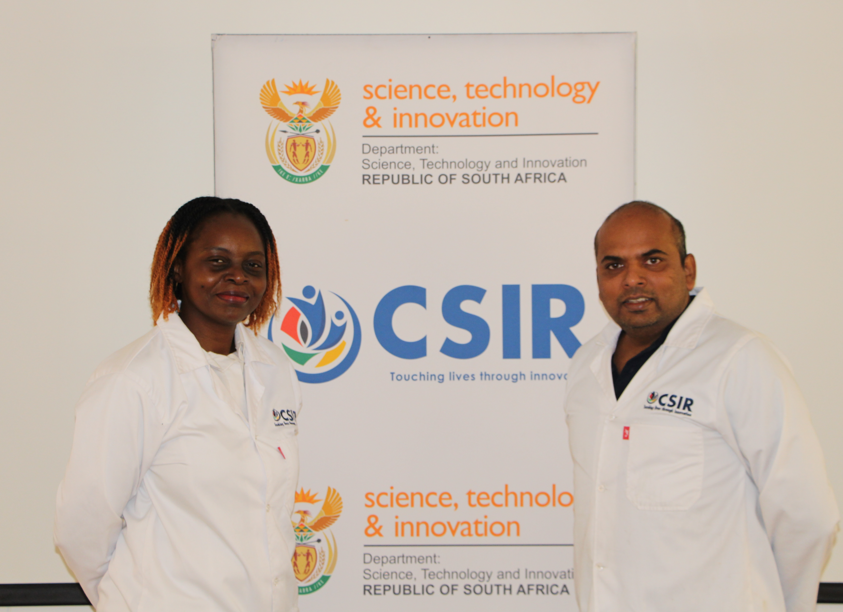South African collaboration pioneers personalised leukaemia treatment for Africa
In a first for the African continent, the CSIR, in collaboration with clinicians from the University of the Witwatersrand (Wits) at Chris Hani Baragwanath Academic Hospital and the Wits Donald Gordon Medical Centre, has developed an innovative ex vivo drug sensitivity testing platform.
In a first for the African continent, the CSIR, in collaboration with clinicians from the University of the Witwatersrand (Wits) at Chris Hani Baragwanath Academic Hospital and the Wits Donald Gordon Medical Centre, has developed an innovative ex vivo drug sensitivity testing platform.
This groundbreaking pilot study marks a major leap towards precision medicine for leukaemia patients in South Africa and offers the promise of more tailored, effective treatment options for individuals diagnosed with this aggressive blood cancer.
Dr Mutsa Takundwa, a senior researcher at the CSIR, says, "As the research team, we developed and applied this platform to a South African leukaemia patient cohort, analysing drug responses in patient-derived peripheral blood mononuclear cells (PBMCs). Remarkably, the study identified the chemotherapy drug irinotecan."
"Traditionally used to treat solid tumours, irinotecan demonstrated significant efficacy in numerous samples when compared to conventional leukaemia drugs such as nilotinib. These findings represent a pivotal shift in leukaemia research and treatment paradigms, especially within African clinical settings", she adds.

This initiative marks the first time an ex vivo drug sensitivity testing platform has been developed and deployed for use within African populations and research settings. While drug sensitivity testing has increasingly become a standard component of personalised medicine in the global north and Asia-Pacific regions, such technologies have yet to become commonplace in Africa, until now.
Driven by the lack of region-specific data and the growing burden of cancer in Africa, the research team set out to explore ways to improve poor survival outcomes for leukaemia patients. Leukaemia survival rates in Africa remain significantly lower than in other regions, largely due to limited access to personalised treatment and context-specific research.
The platform enables researchers to test a wide range of drugs and drug combinations directly on patient-derived cells under clinically relevant conditions. For each patient who donates a sample, the technology provides critical insights into which therapies might be most effective for their unique cancer profile. While these results cannot yet be generalised for all patients without further clinical validation, they offer a powerful tool for clinicians to make more informed treatment decisions on a case-by-case basis.
This approach moves cancer treatment away from a "one-size-fits-all" model and towards a precision medicine paradigm that considers each patient's biological context. Clinical trials would be required to validate findings at a population level, but this study lays a strong foundation for such future efforts.

"It is essential for clinicians treating leukaemia and other cancers to be aware of the availability and potential of this test. This platform could significantly improve clinical decision-making by enabling physicians to select drug regimens based on individual tumour responses rather than relying solely on standard treatment protocols," said Dr Takundwa.
This testing platform empowers patients with access to information that could enhance their treatment journey and potentially improve outcomes. As the technology matures and becomes more widely adopted, it may also offer new hope for individuals with cancers that currently have limited treatment options.
This research is funded and supported by the Department of Science, Technology and Innovation, the Organisation for Women in Science for the Developing World and the National Research Foundation. It is conducted in collaboration with CSIR researchers, postdoctoral fellows, associate professors from Wits, clinicians and PhD candidates.
Click here for more information on the first-in-Africa ex vivo drug sensitivity testing platform, which identifies novel drug combinations for the South African leukaemia patient cohort.




